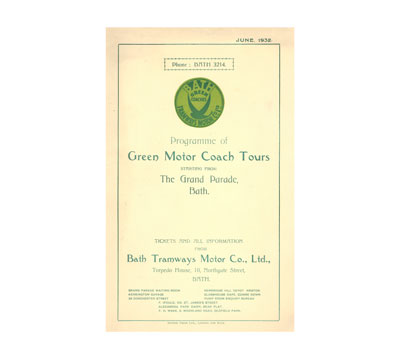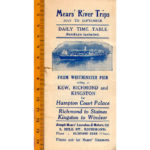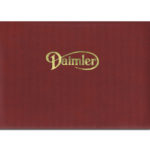Description
The early 1930’s were a time when road passenger transport was beginning to make serious inroads into the earnings of the railway companies, particularly in respect of the summer excursion market for short and medium distance trips. The road transport operators did not have to stick to a strict timetable, could reach attractive destinations beyond the railway and with a small vehicle could make a profit from a dozen passengers. The rivalry began to develop before the Great War, and several railway companies fought fire with fire by running their own programmes of road excursions based on the holiday resorts which they served. However these were not always for the faint hearted, a popular vehicle being the “char-a-banc” consisting of rising tiers of wooden benches mounted on an ordinary flat-bed lorry chassis, the highest tier being accessible only by ladder. These vehicles had the advantage that the seats could be removed outside the holiday season, and the flatbed used for goods traffic. See examples of these and later vehicles in
Ordinary service buses cold be pressed into service on their “day off” (a favourite tactic of municipal operators) when relieved of the task of transporting the masses to and from work, they could run trips into nearby countryside on Sundays. The first vehicles specifically designed for pleasure trips were upgrades of the char-a-banc with a purpose built streamlined body, aping that of contemporary sports cars, completely open above the waist, were a late Edwardian innovation, some of which remained in use into the 1930s. Called “torpedo” bodies these had tranverse rows of seats, each accessed by a cut out or half door at each end. It will be noted that the office address if this particular operator is given as “Torpedo House”.
Early versions of the motor coach with single door entry at the front near the driver a central gangway – and a roof ! – arrived in quantity during the 1920s but “charas” remained popular for short distance excursion work.
PREVIEW BELOW – MAY TAKE A WHILE TO LOAD.





Reviews
There are no reviews yet.